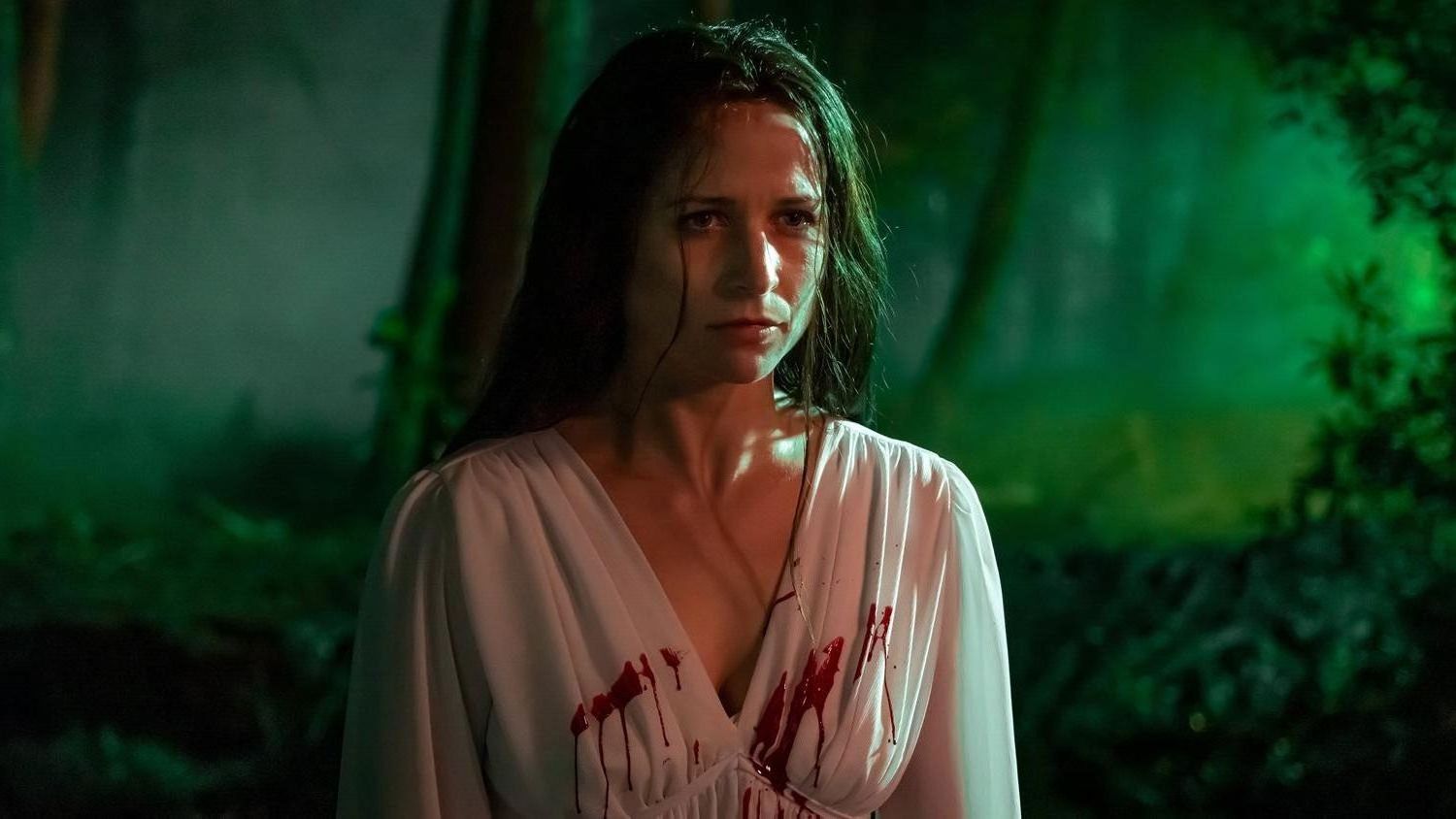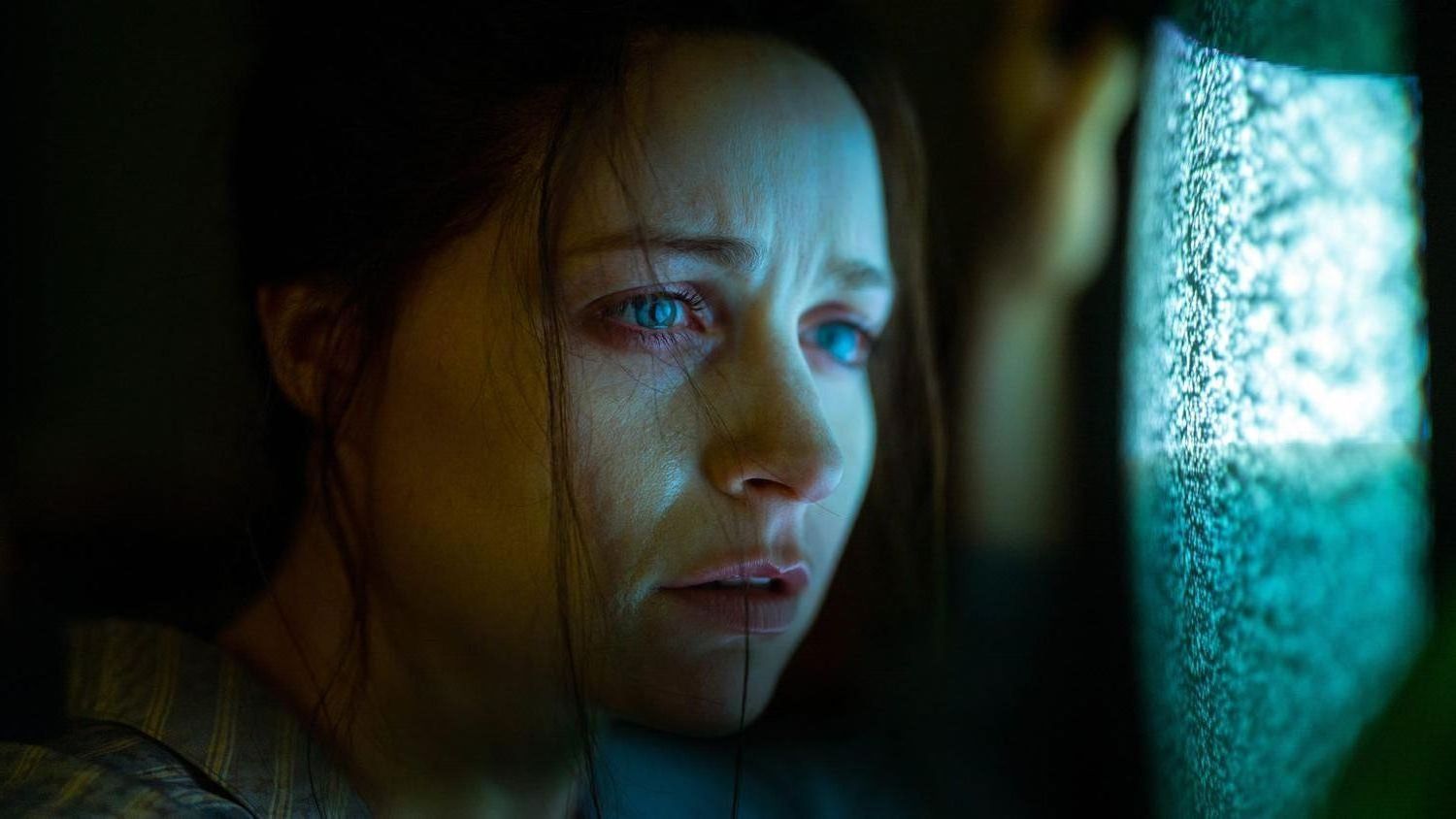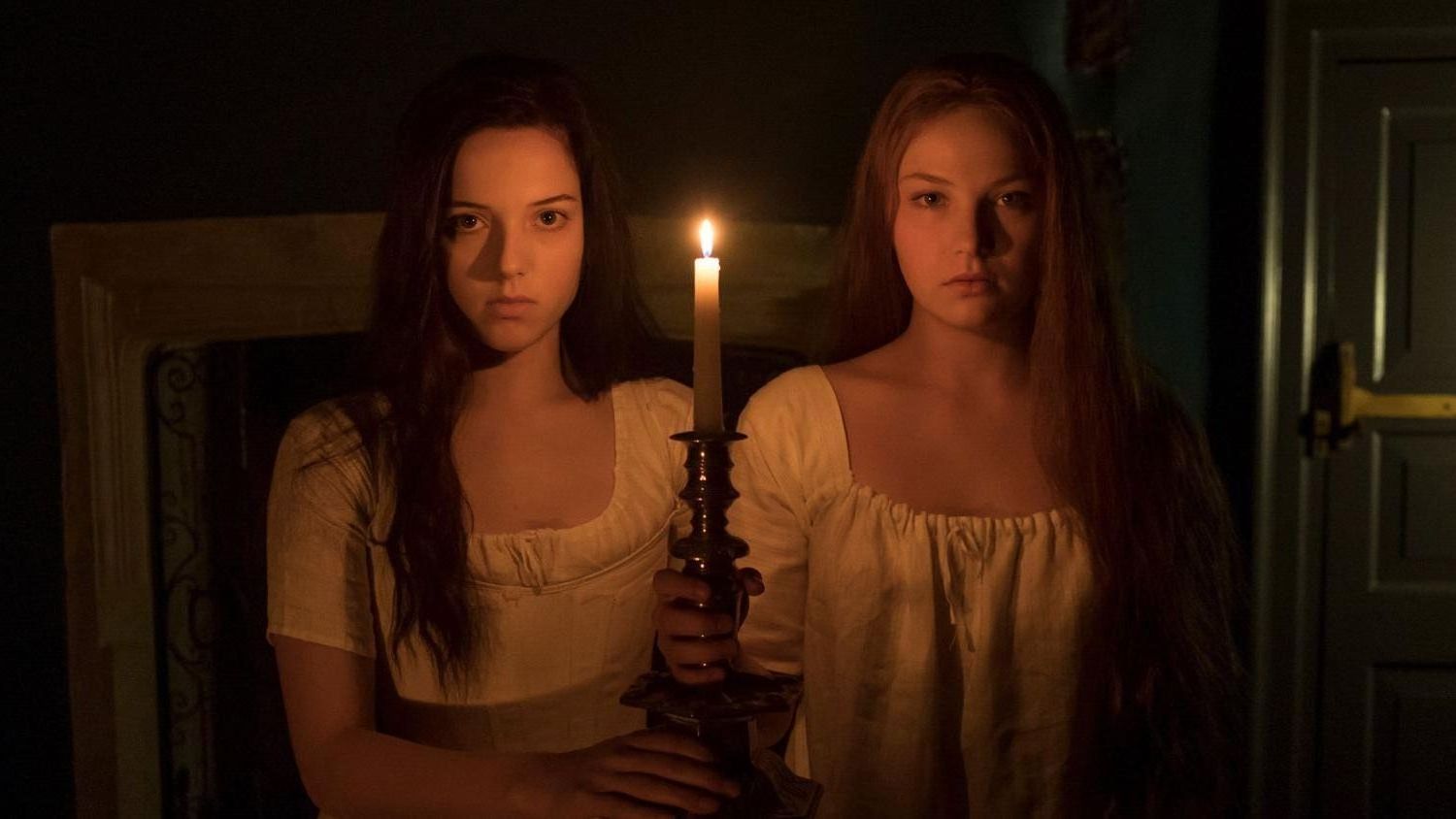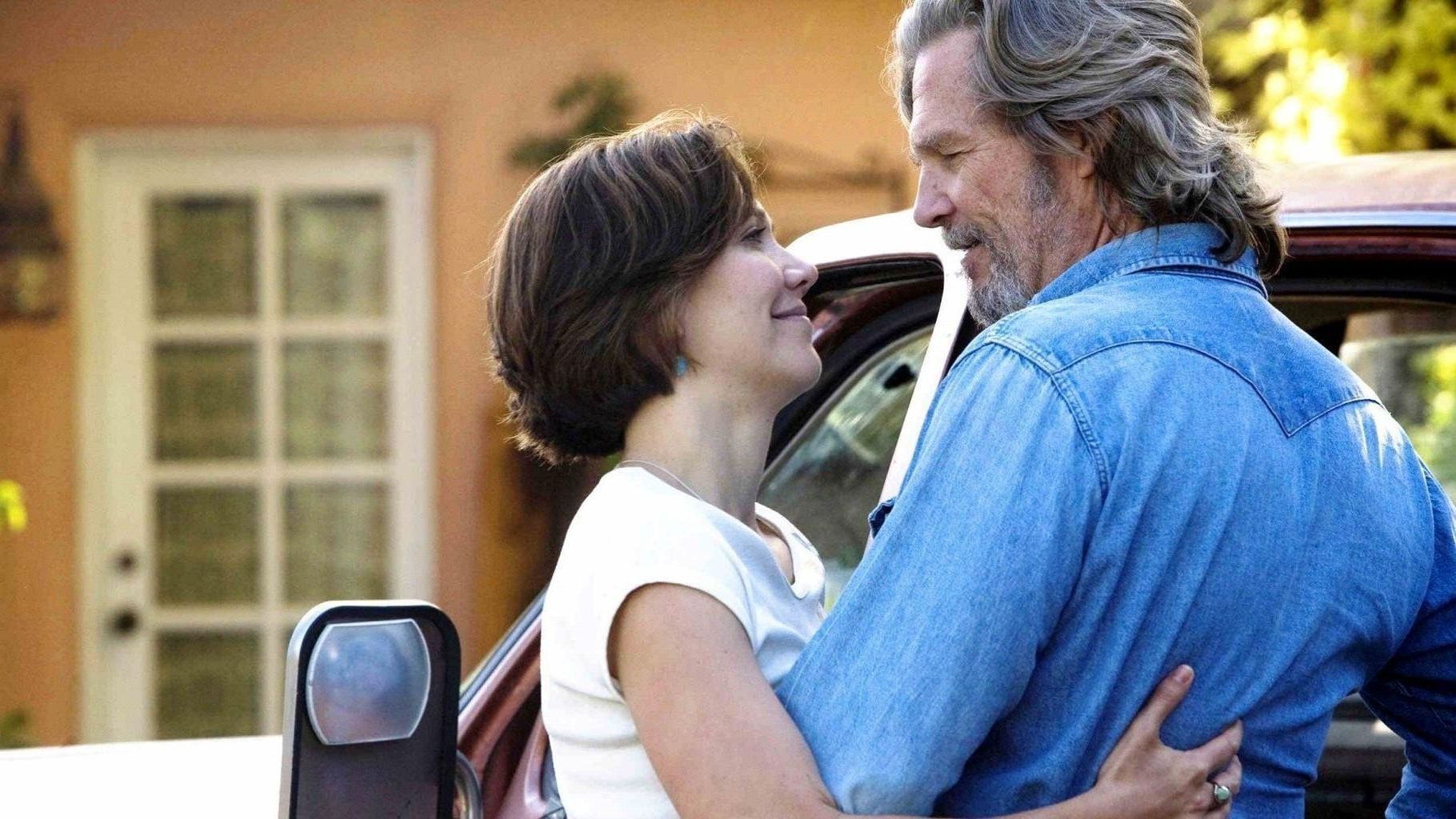
Censor Review Movie
Censor Review
Prano Bailey-Bond was, you sense, born to make horror films. A rummage through her shorts and even music videos reveals her fascinations: the eerie, the dark, the gory. There's even a perfectly severed penis.
Censor — her first feature — began life in Bailey-Bond's effective short Nasty. But there's a crucial difference with Censor: this time, the focus of her story is a woman. And women in video nasties are regularly stalked, raped, and/or dragged at their ankles by an unknown assailant — fingernails digging impotently into the mud.

This is the world that Censor immediately plunges you into as it opens on fuzzy footage, the unmistakable texture of a video tape. Quickly you're in a windowless, smoke-filled room as two censors dissect the film and Enid (Algar) bears a notebook which includes the note, "Eye-gouging — it's too realistic."
Enid is not quite Mary Whitehouse, but with her buttoned-up blouse and spectacles secured by a chain, she's not far off. Her motivation to do the job of censoring, she says to her mum, is "to protect people". The why becomes clear very quickly: she was the last person with her sister when, as kids, she disappeared in the woods.
The film posits the question: who, having lived through this, would censor films for a living? Who would sit all day watching, re-watching, violent films where women are so often pared open? Someone who is trying to fix what is otherwise beyond their control? Or, as is suggested, more quietly, someone who's drawn to them for other, individual reasons that we might find less palatable?
It's not quite a love letter to the work of Argento and Fulci — but a full-hearted exploration of their influence and imagination.
All these questions, and the two seemingly disparate elements of Enid's life, come crashing into each other when she passes a film called 'Deranged', one that the press claims inspired a man to murder his wife and two kids. When Enid then sees a nasty she thinks might mimic her sister's disappearance, the wheels well and truly come off.
Crucially, this isn't, even with the context Bailey-Bond puts into the film, a social commentary. While there are news headlines, archival reports and politicians posturing on the telly, Bailey-Bond, for the most part, leaves that analysis untouched (even when it has clear echoes with today).
This is, fundamentally, a story of a woman's undoing. It's about memory. It's about trauma: how it manifests, how it can warp and, ultimately, how it can consume.
Enid and her parents are all stuck in different spots in the first four stages of grief: denial, anger, bargaining, depression. While her parents edge towards the fifth and final stage of acceptance — tabling the thought of declaring their daughter dead — Enid drifts further away and her descent truly begins. In that sense, really, it's simply a story of grief and loss, wrapped up tight in genre. This is where not only Bailey-Bond hits her stride but the magnificent Niamh Algar comes fully to life.
Two things, then, are clear: Censor is a film made by a director who loves the genre. Who loves horror, who loves videotapes but specifically, video nasties. It's not quite a love letter to the work of Argento and Fulci — but a full-hearted exploration of their influence and imagination. It's clear in the detail, the specificity, the lack of judgement in Bailey-Bond's gaze.
And as reality melts into fantasy and formats blend and aspect ratios change (hat-tip to cinematographer Annika Summerson), the very medium Bailey-Bond is exploring becomes part of the deranged world she's created.

